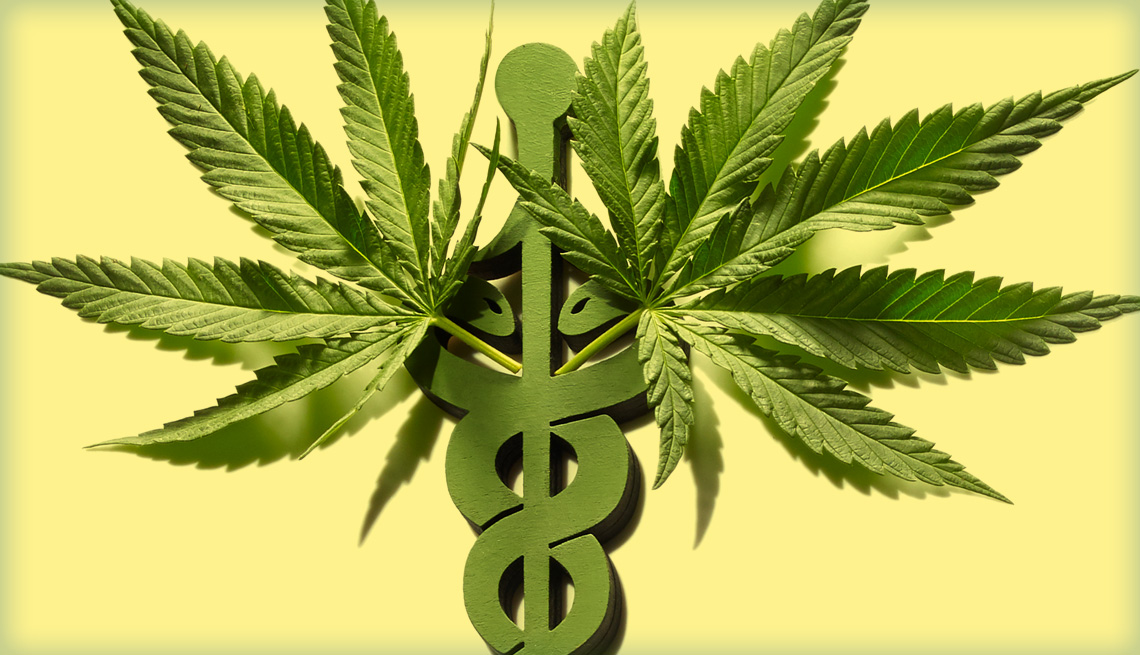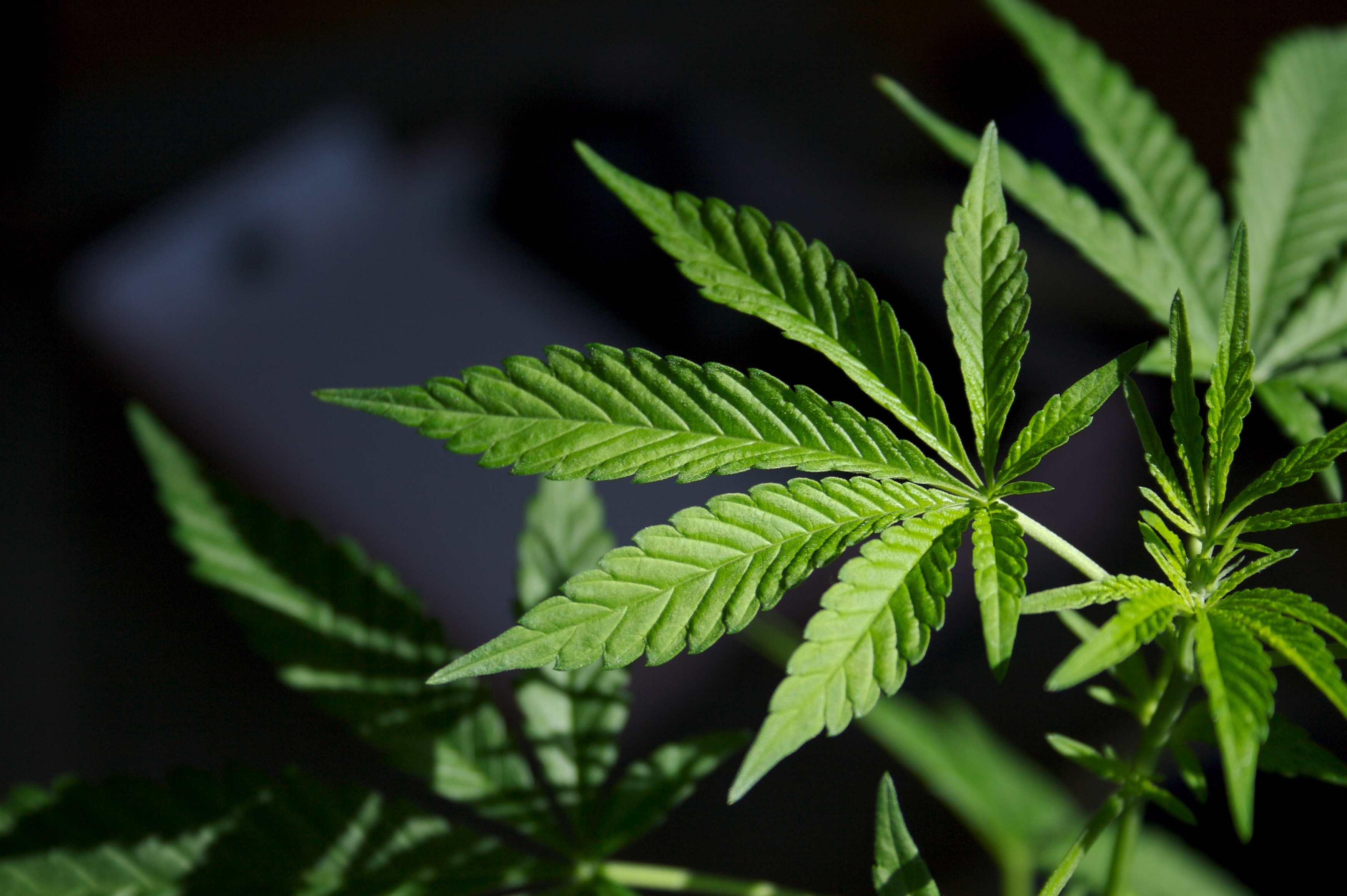Medicinal Marijuana Benefits You Didn’t Know

There are many questions surrounding the use of marijuana. First, consumers want to know if it is safe to use and proven effective. They also want to see if it’s a miracle drug that can help to alleviate their medical problems or is just the latest over-hyped health and wellness fad.
Cannabis is legal in the United States at the state level in many regions but remains a controlled substance at the federal level. Recreational cannabis use is legal in 19 states, including Washington, DC.
Because of its perceived benefits, approximately 85 percent of Americans support the total legalization of marijuana. As its popularity soars and legislation surrounding the marijuana plant softens worldwide, research on marijuana’s potential health benefits continues to make headlines. With more consumers than ever learning to grow cannabis at home with seeds and resources from online retailers like Zamnesia, there has never been a better time to get to know this often misunderstood plant. The following are some of the most intriguing and well-researched cannabis benefits.
Medical Marijuana vs. Recreational Marijuana
The distinction between recreational and medical marijuana is primarily a battle between CBD-based marijuana and THC-based marijuana.
Cannabis contains chemicals such as cannabidiol (CBD) and tetrahydrocannabinol (THC). While CBD is non-psychoactive (it has no effect on the brain, alters one’s mental state, or causes intoxication), THC is. This distinction between CBD and THC explains why the former is primarily medicinal, and the latter is predominantly recreational. Researchers have found both therapeutic benefits, but CBD is more popular due to its non-psychoactive nature.
Even though they interact with slightly different receptors, cannabidiol (CBD) and tetrahydrocannabinol (THC) have similar effects on the body. However, their applications differ. CBD is used to treat various medical conditions, including seizures, depression, and inflammation. THC is used primarily as a recreational stimulant to get high.
Medical Marijuana: What are the risks?
Humans have used marijuana for thousands of years. It has seen use in treating ailments over the centuries. In modern times, however, cannabis is still considered an illegal substance in many countries. Extended use of cannabis, like other drugs, does come with its fair share of potential physical or mental health risks. But, according to experts, the good news is that cannabinoids, when appropriately used, may induce a positive effect on the user. The remote risks are primarily associated with intoxication caused by tetrahydrocannabinol (THC).
Nonetheless, scientists believe that more research is needed to understand the risks and benefits of cannabis better. Regrettably, marijuana remains classified as a Schedule I drug. Although this classification is enforced at the federal level, researchers face legal roadblocks, discouraging more comprehensive studies on the plant. The passage of the Farm Bill in 2018, on the other hand, did a lot to ease restrictions on cannabis research.
The following are some of the most intriguing and well-researched marijuana benefits. These advantages highlight the desperate need for the plant to be reevaluated from a legal perspective:
Management of Pain
Chronic pain is a medical condition affecting millions of adults in the United States. However, with the acceptance of cannabis, this may change.
According to a recent study, cannabinoids found in marijuana provide excellent pain relief. The substance relieves chronic pain by acting on brain receptors in pain perception pathways when consumed. As a result, cannabis may help to alleviate the pain associated with:
- Arthritis
- Migraine
- Endometriosis
- Cancer
- Diabetes
- Inflammation
- Glaucoma
- Seizures
Management of Addiction

Contrary to popular belief, cannabis does not increase the risk of drug and alcohol abuse, according to a new study.
In a review, researchers discovered a significant relationship between cannabis consumption and the management of risks associated with alcoholism and drug addiction.
The report also demonstrated how medical cannabis as a substitute for drug use could help people addicted to alcohol and opioids overcome their addictions. Finally, it concluded that medical cannabis does not appear harmful to oneself or others.
Management of Neurological/Mental Conditions
Several pieces of evidence point to the effectiveness of cannabinoids in treating depression and other PTSD symptoms. Experts believe that the interaction of cannabinoids with nervous system receptors is responsible for managing neurological risks and conditions. Among these conditions are:
- Autism spectrum disorder (ASD)
- Alzheimer’s disease (AD)
- Parkinson’s disease (PD)
- Anxiety and Stress
- Depression
- Epilepsy
Scientists have observed the ability of Sleep Management-focused medicinal Cannabis to improve patients’ sleep by managing symptoms of insomnia. Cannabinoids’ interaction with brain receptors increases the level of sleep-inducing adenosine and suppresses chronic conditions that may interfere with sleep, such as PTSD.
However, the level of sleep management is often determined by doses and timing. Marijuana in lower doses tends to increase alertness rather than sleepiness. However, the plant may cause you to sleep rather than stay alert in higher doses.
The effectiveness of marijuana as a sleep management aid is often dependent on the presence and concentration of THC or CBD. If THC is dominant, you may be stimulated to sleep for more extended periods, especially if consumed before bed. If CBD is dominant, its effects may cause you to stay alert or fall asleep without difficulty.
Closing Thoughts
Several cannabinoids present in the Cannabis plant, such as CBD and THC, have shown promise in treating pain, addiction, sleep, neurological disorders, and bone health when used in moderation. However, as with the use of any substance, medical marijuana should always be backed by a prescription and a doctor’s supervision.
